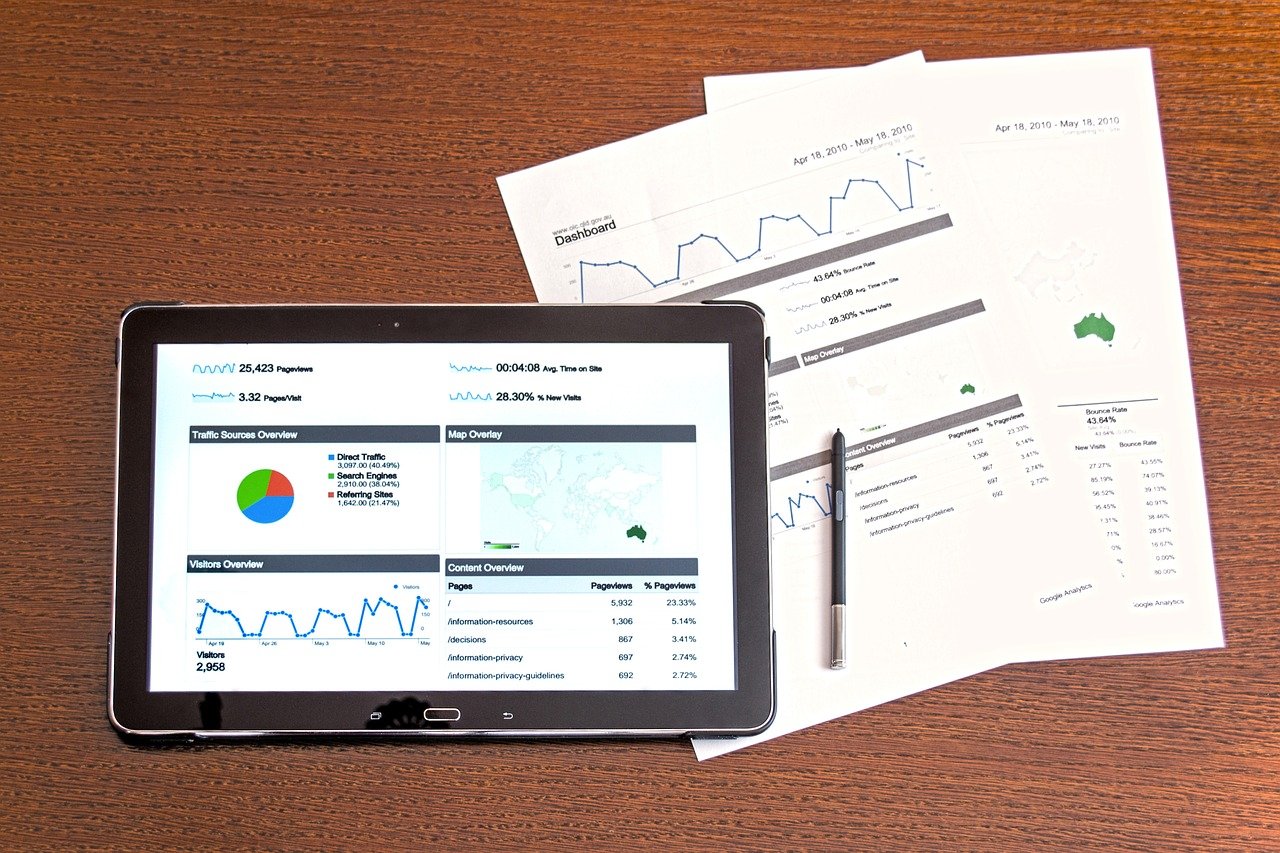
A business credit report provides an intuitive snapshot of a company’s payment behaviour and financial health. Notably, unlike a consumer credit report that is only made available to its owner or to an external party with their consent, a business or corporate credit report can be purchased by anyone (although its primary function remains unchanged).
Beyond the static operational and payment information, the reports may comprise intuitive scores and indexes that provide predictive and performance-based insights. Predictive indicators draw on an entity’s past performance to forecast behaviour while performance-based insights measures and ‘rates’ a company’s financial stability from its historical performance. For the vast majority, a business credit report is typically used in the risk management of their suppliers and partners by uncovering any financial red flags or unusual payment activities.
A business credit report is imperative to sensible risk management for any organisation. It provides a clear and detailed overview of a company’s payment behaviour to illustrate its financial health. The various credit scores and ratings in a Singapore Commercial Credit Bureau (SCCB) report represent the probability of an event occurring (e.g., business failure) or a specific business status/condition (e.g., overall level of risk).
SCCB’s reports can also be retrieved based on the depth of your risk assessment needs and risk appetite of your business decision. A highly comprehensive credit report for a major corporate activity or a clear-cut one simply for basic due diligence. These reliable insights strive to facilitate sound, informed risk decisions while speeding up your customer or partner onboarding process. As its application will differ accordingly to the end-user, this article will cover the various stakeholders’ perspective and how they leverage credit reports in risk management.
What Will Your Business Partner Use Your Business Credit Report For?
A partnership between companies will generally induce brand association. Therefore, negative public perception from adverse news (such as bankruptcy or notoriety of poor payment behaviour) of one party can waver the business partners’ confidence. A prospective or existing partner may retrieve your company’s credit report to evaluate your organisation’s financial standing and resilience. Additionally, if financial contractual obligations exist in the partnership, the organisation will be able to verify your company’s ability to hold up your end of the agreement. The need for a credit report in this scenario protects the interests of the user from reputational risk and contractual default.
What Will Your Customer/Client Use Your Business Credit Report For?
The credibility of your organisation will be intrinsically proportioned to your customers’ perception of your financial health – the ‘healthier’ your business appears to your customers, the more credible your business will appear. Purchasing your service or product can be a long-term commitment for the customer where a business credit report will be instrumental in determining your company’s longevity and capacity to deliver.
Understandably, customers will not be keen to an infrastructural commitment or devoting to a business relationship with a financial time bomb. A supplier’s business failure will be an unnecessary disruption and hassle. Similarly, if your business is of a subscription-based business model (e.g., technology services) or cash before shipment/advance payment structure (e.g., graphic designers), the business credit report will help your customers to confidently manage and assess the risks of prepayment – especially in a high involvement purchase.
What Will Your Suppliers Use Your Business Credit Report For?
Your business credit report will be predominantly used by your suppliers to prescribe payment/credit terms. How favourable the terms offered by your suppliers and the likelihood of them to extend credit (if the situation calls for it) will heavily depend on your company’s credit score. An excellent score will also make great leverage during negotiations and effectively expedite your onboarding process. Suppliers might also utilise trade payment information to compare against the typical payment behaviour of the industry during evaluation.
What Will Banks and Financial Institutions (FIs) Use Your Business Credit Report For?
When applying for a loan, most banks and FIs are going to rely on your business credit report to evaluate your ability to meet the financial obligations. Your credit score will correspond with the loan limit as well as the interest rates your business is offered for the loan – a better credit score will qualify for a higher loan limit and a lower interest rate. In short, you will have to bank (pun-intended) on the overall strength of your credit report for the speed, terms, and success of your loan approval.
How Important Is a Business Credit Report?
It depends. Generally, organisations consider the 1) degree of risk, 2) severity of the fallout and 3) the value of the activity or transaction in deciding its necessity for one. As a supportive resource, making the right decision depends on having the right information. Consulting a business credit report is an important first step in evaluating partners to avoid payment defaults, reduce exposure to bad debt, and maintain healthy cash flow.
Singapore Commercial Credit Bureau’s business credit reports are trusted by thousands of companies – from small businesses to large global enterprises – to help them find truth and meaning from data.